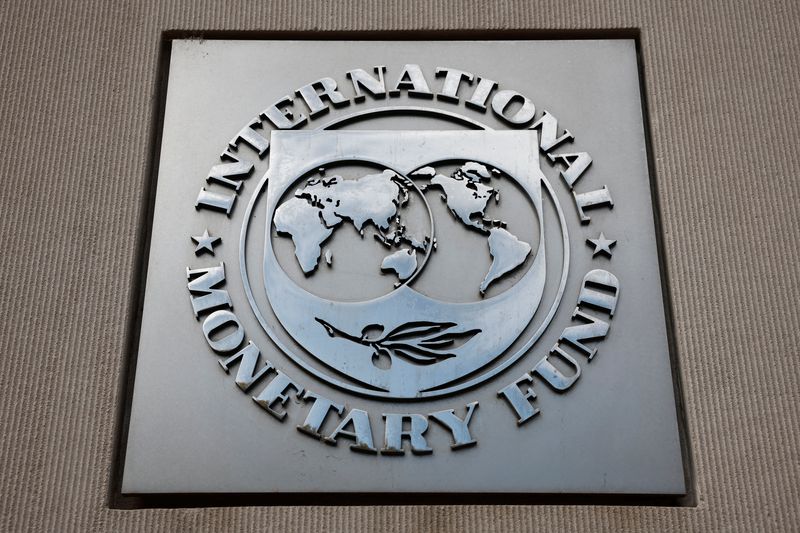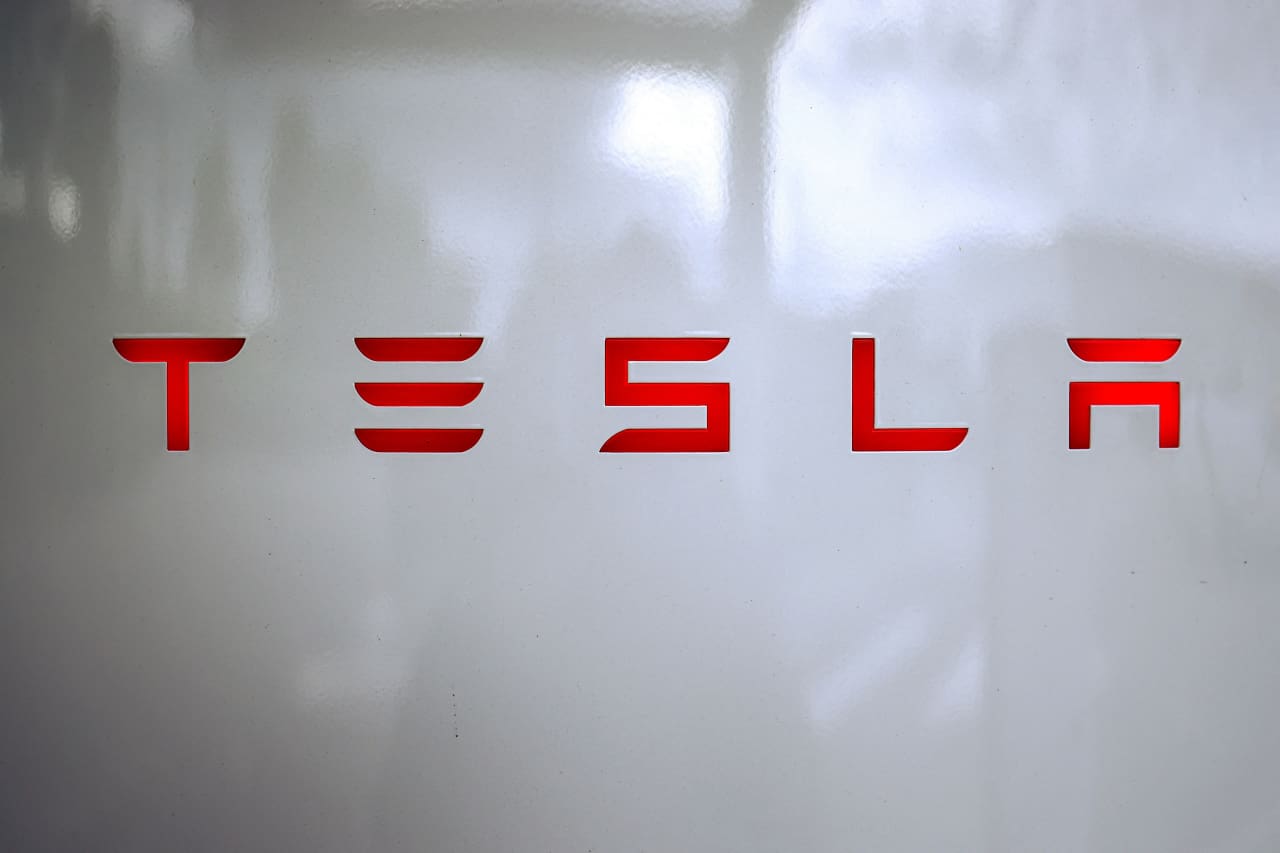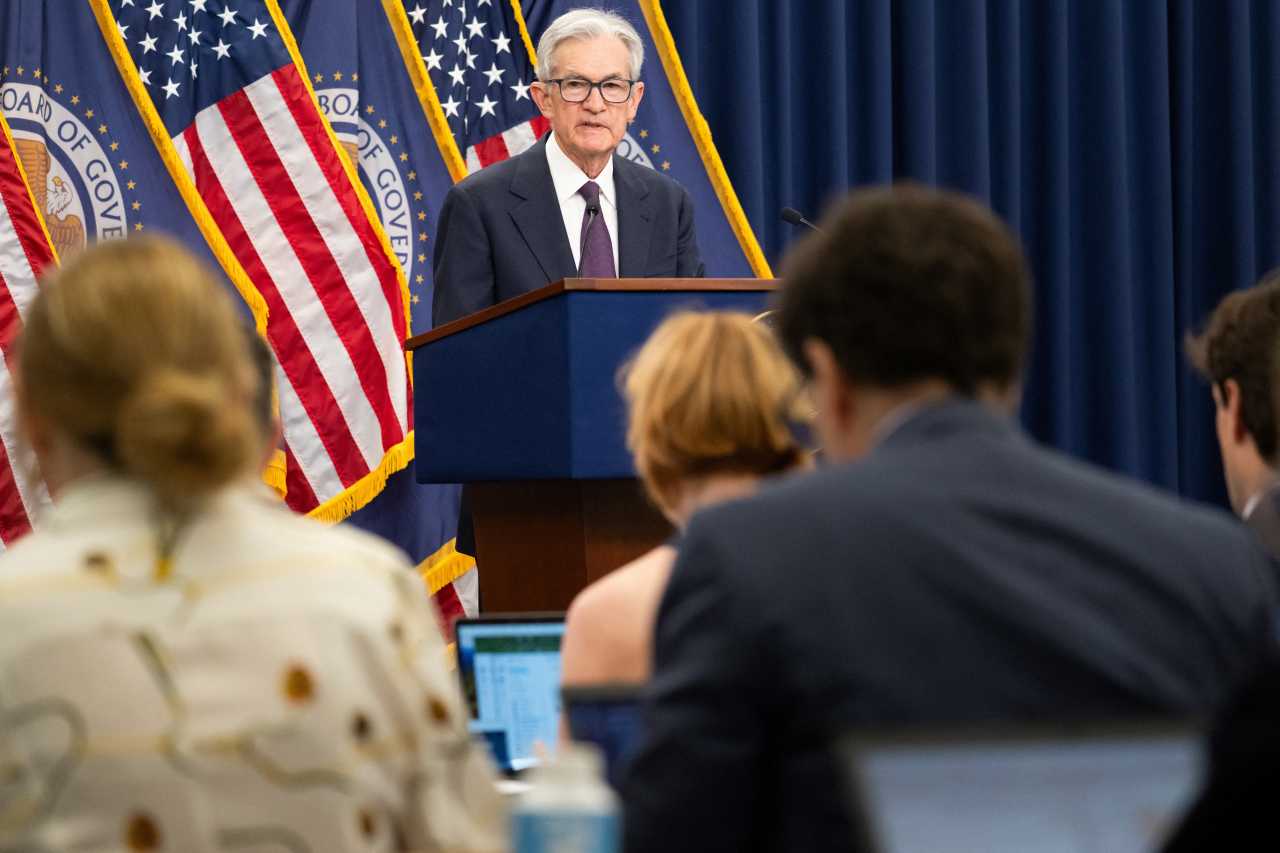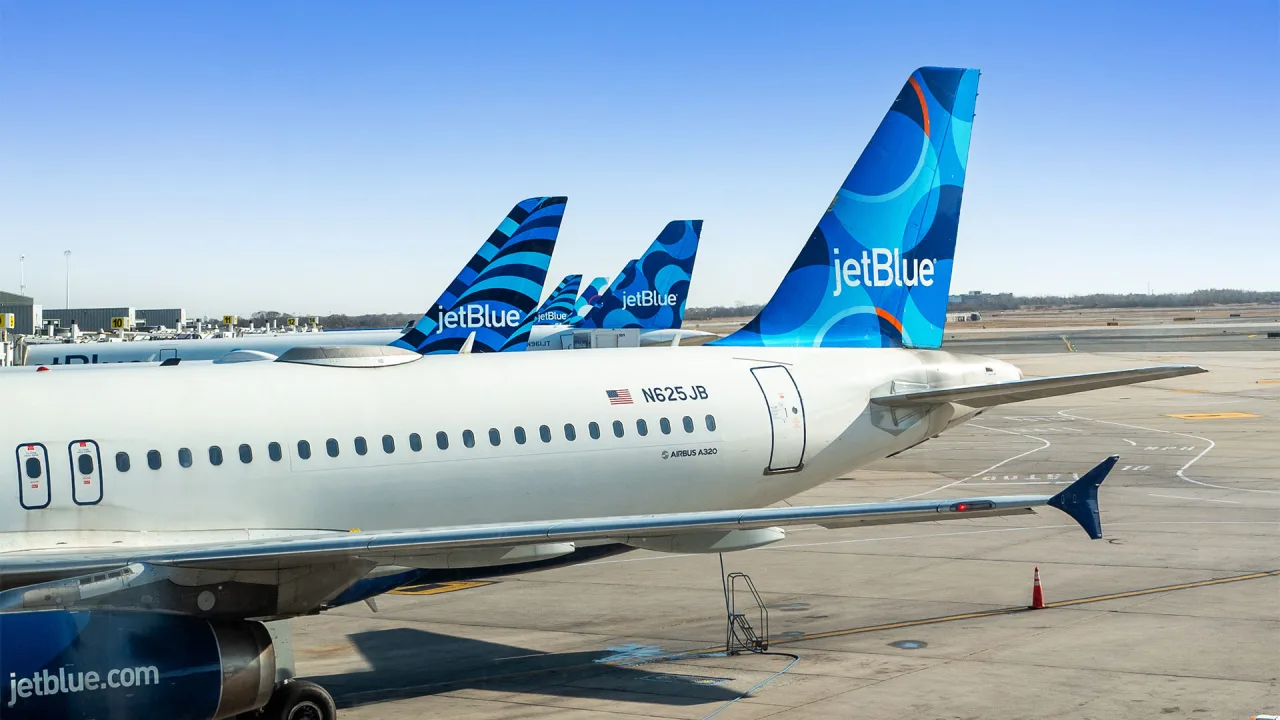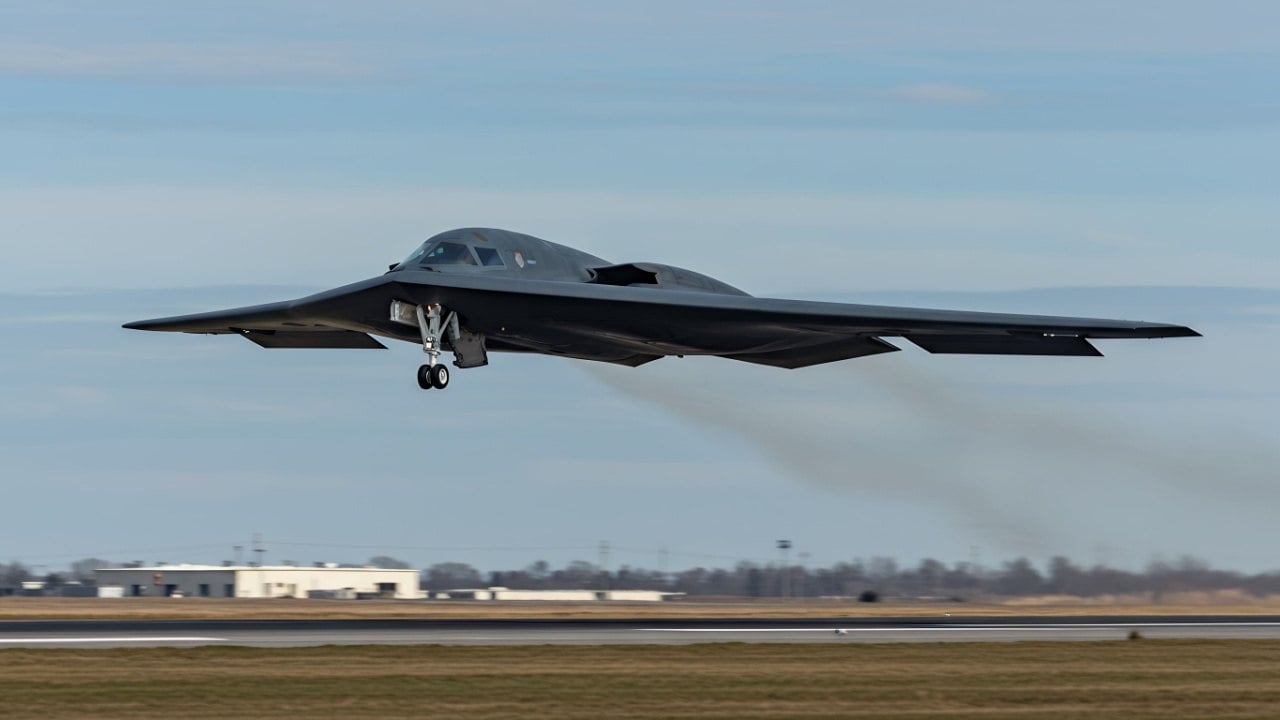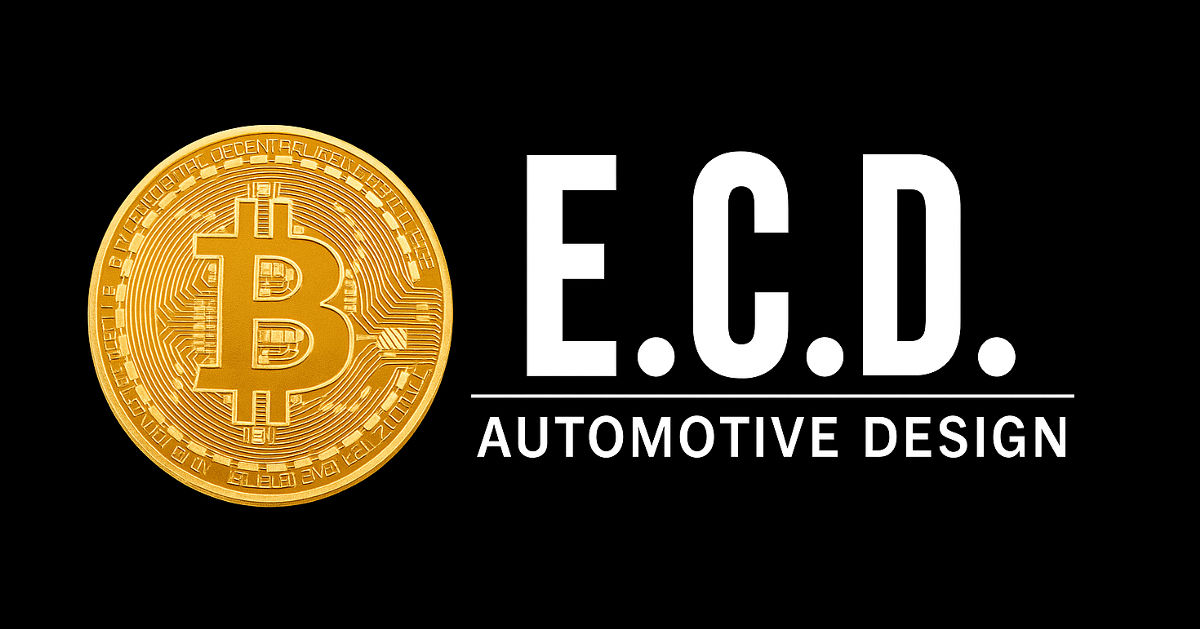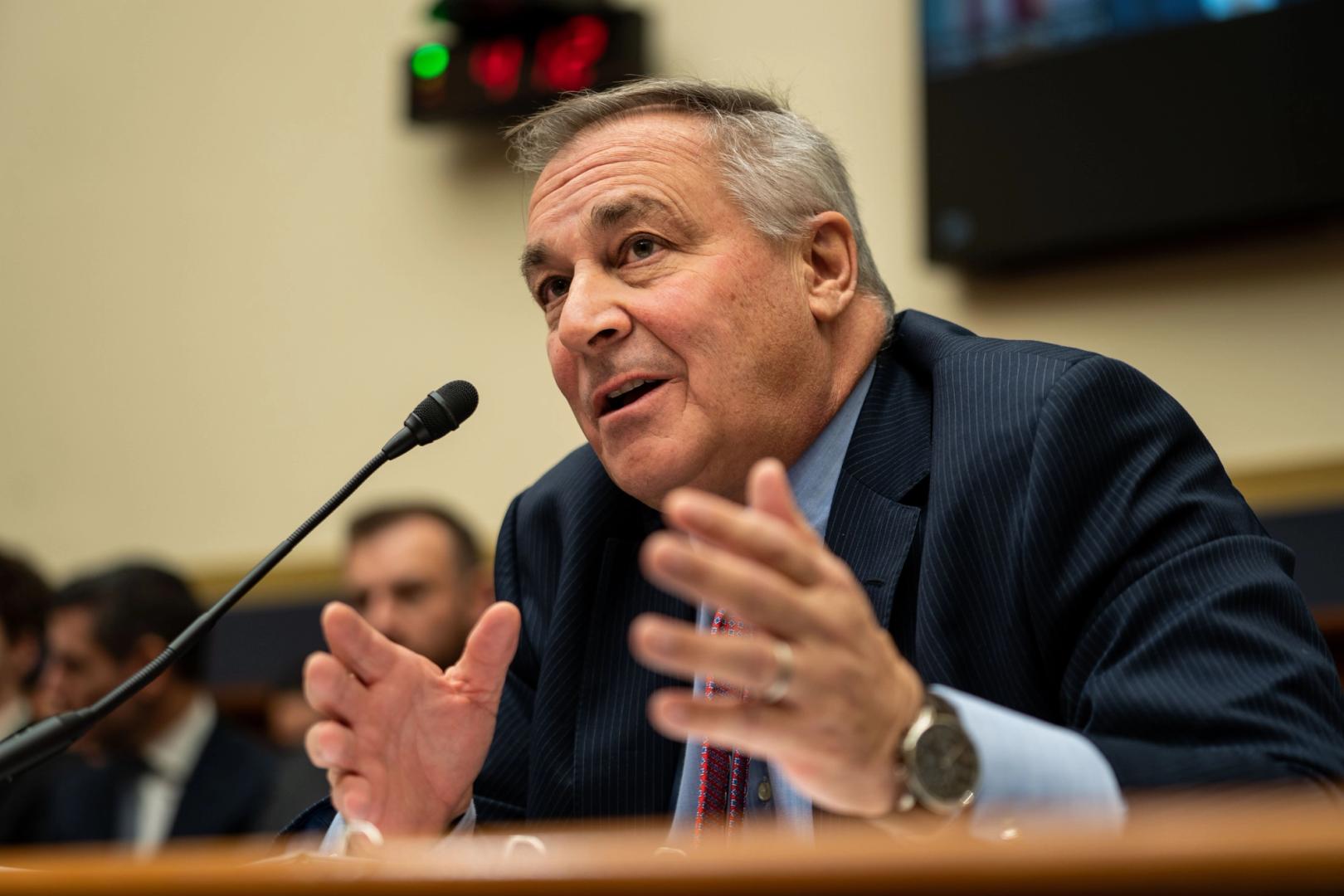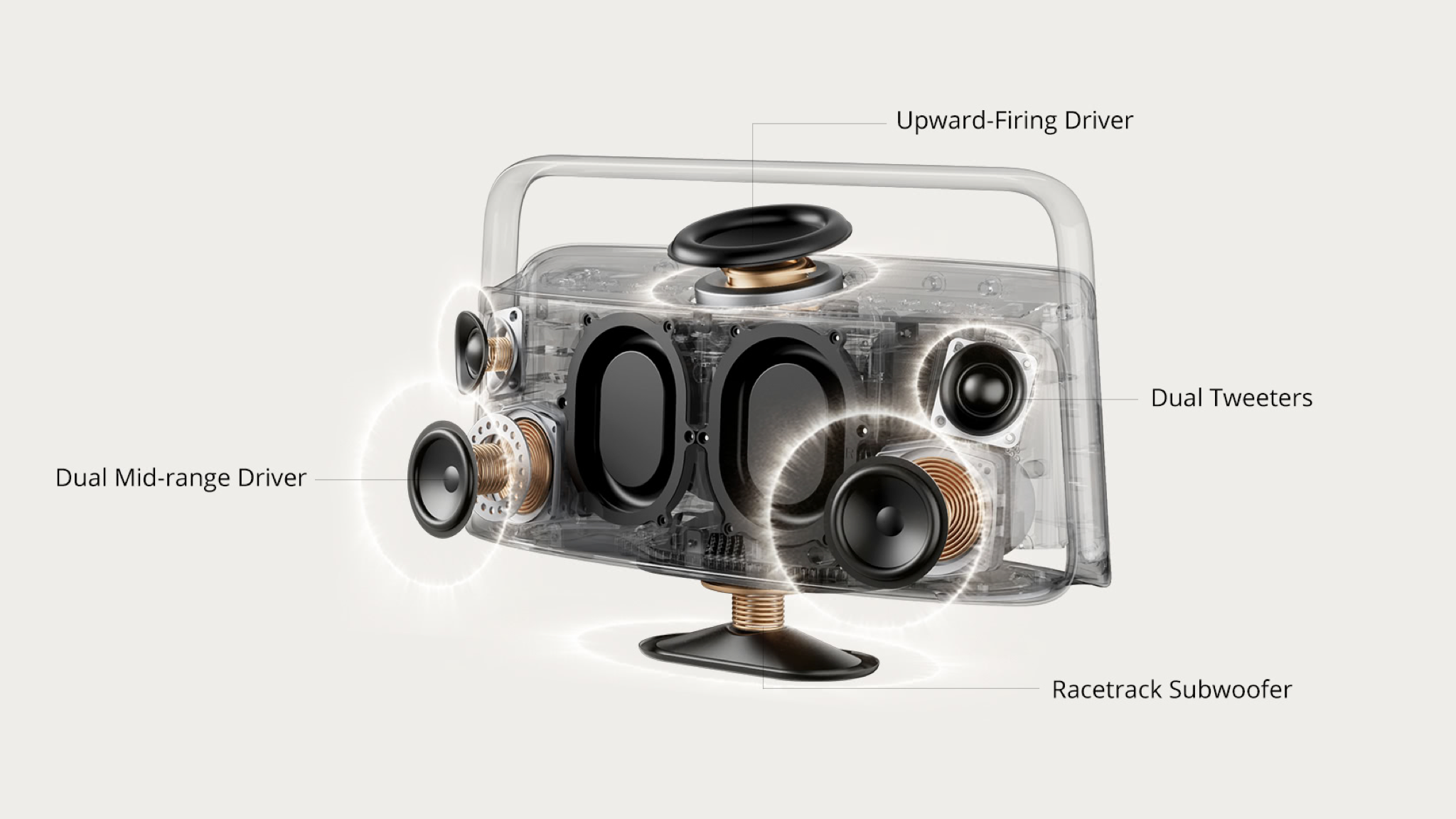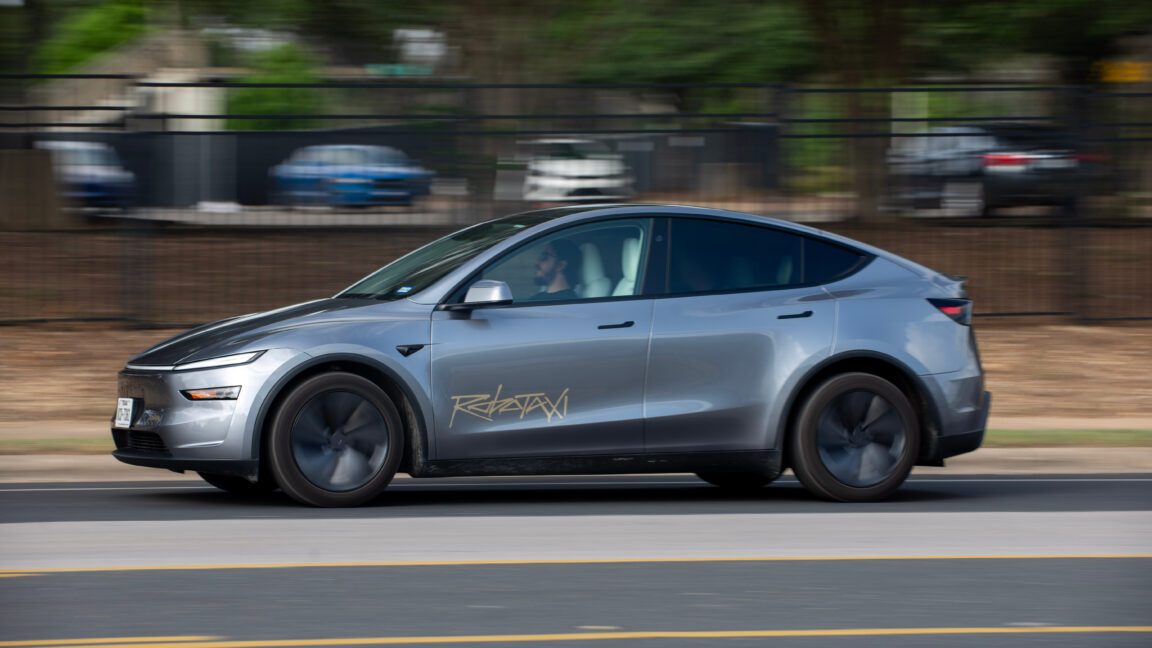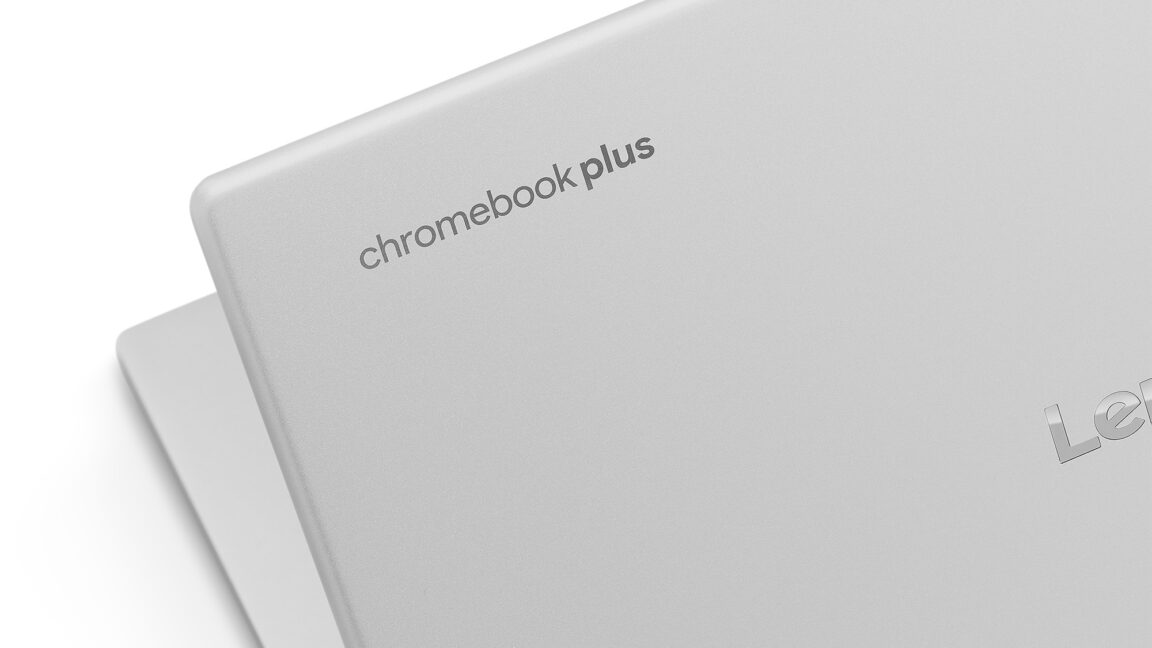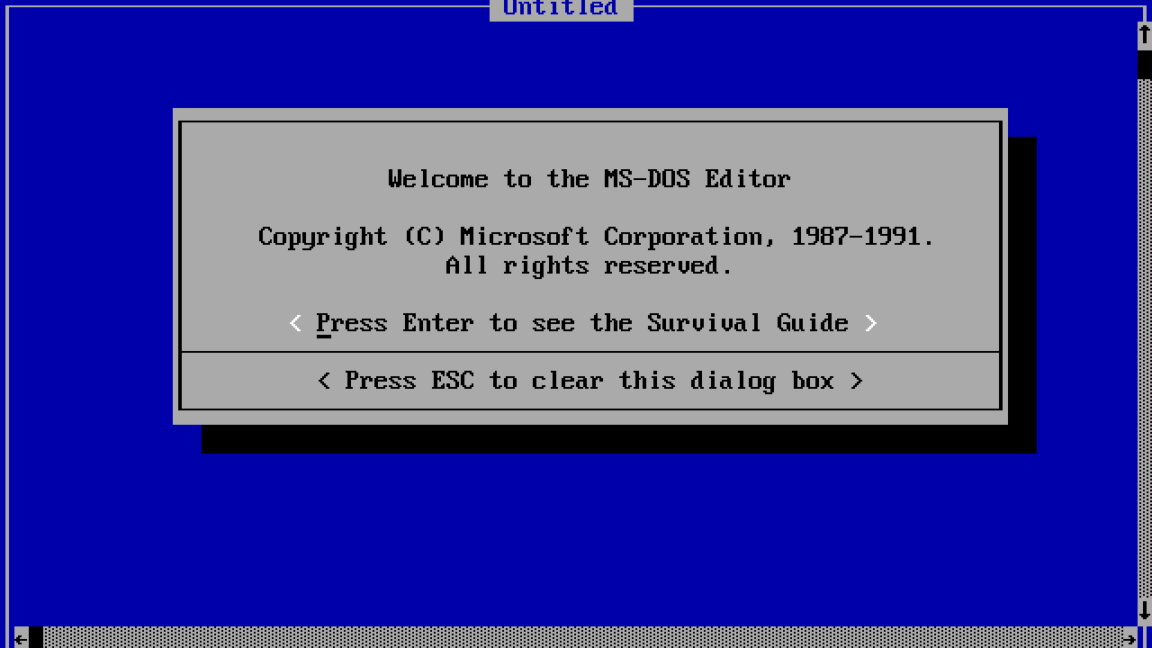Windows 11 migration shows surprising surge for some businesses - but for once, desktop is leading the way
More and more businesses are upgrading PCs to Windows 11, but they're more interested in desktops than laptops.
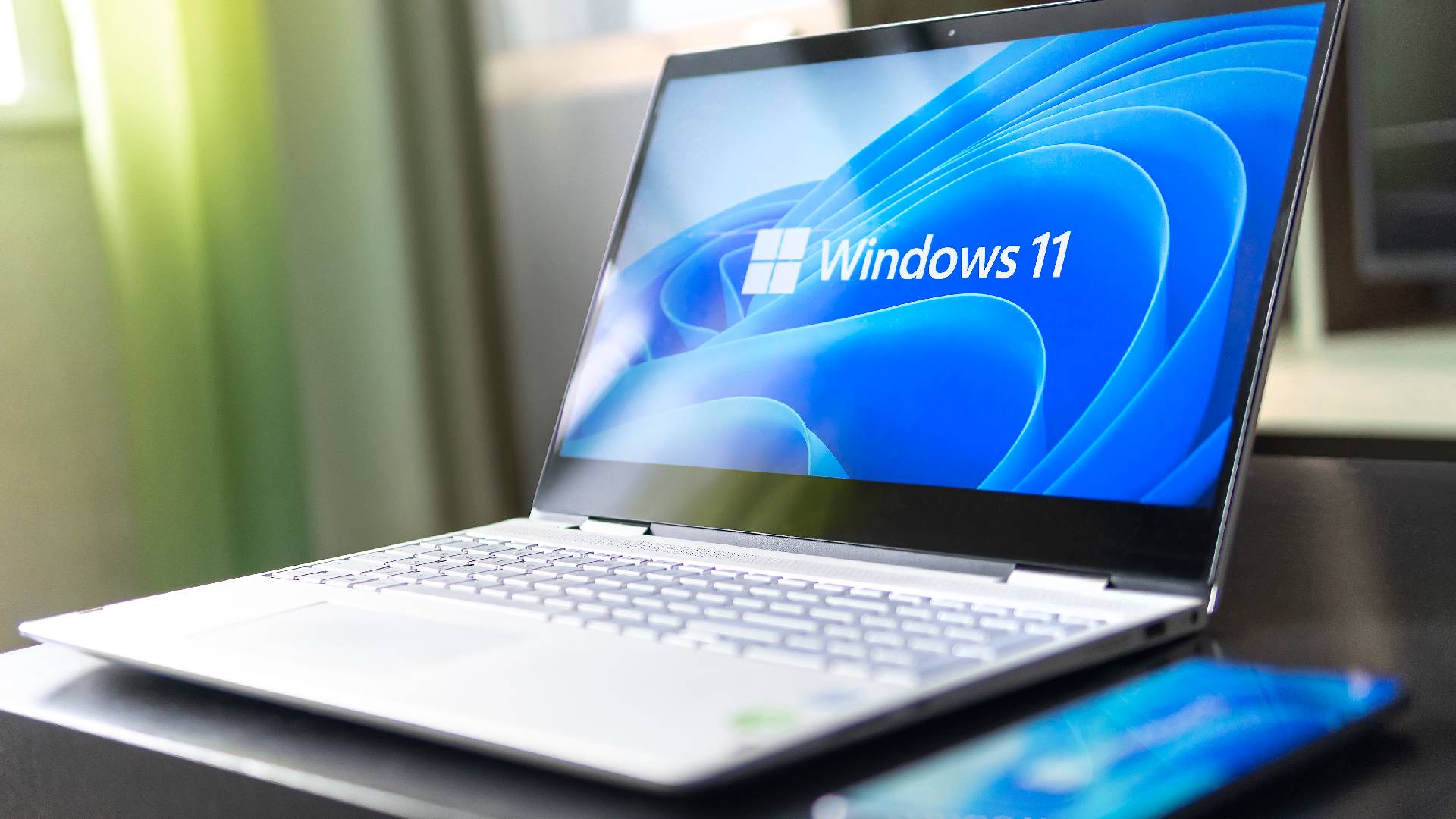
- Desktop shipments to enterprises are up 22%, accounting for 17% of enterprise PC sales, report claims
- Consumers on the whole are less keen to upgrade, with just a 9% rise
- The market could slow down or even contract again next year
With the official Windows 10 end of life set for just a few months away, businesses are ramping up their purchasing of new devices in anticipation of boosting support not just for Windows 11, but for future OSs as well.
The latest figures from industry analyst at Context (via The Register) illustrate a 22% year-over-year rise in desktop shipments to enterprise customers during April and May 2025, largely driven by refresh cycles and the looming end of support for Windows 10.
Interestingly, it found companies have been buying many more desktops than portable devices, which ties in with industry trends across the tech sector of widespread return-to-office mandates.
PC shipments rising as Windows 10 end of life nears
"Their share of total PC revenues in early Q2 reached nearly 17%, the highest level in Context's two-year reporting period," Context senior analyst Marie Christine Pygott explained.
"This reflects both a long-overdue refresh cycle in commercial environments and the typical spike in demand ahead of major OS support deadlines."
The trends broadly reflect similar changes seen by Canalys, another firm that tasks itself with monitoring device shipments, among other metrics.
During the first four months of 2025, overall PC shipments were up 9% on average, with desktops up 8% compared with 10% for notebooks. Those metrics account for all PC shipments, though – not just enterprise customers.
Principal Analyst Ishan Dutt explained Microsoft's decision to pull the plug from Windows 10 isn't the only influencing factor over increased sales – ongoing trade war-induced tariffs and widespread economic uncertainty has seen both customers and suppliers aim to acquire new tech before prices increase.
"This preemptive strategy allowed manufacturers and the channel to stock up ahead of potential cost increases, boosting sell-in shipments despite otherwise stable end-user demand," Dutt added.
Windows 10 had remained highly popular for months, with many customers happy with their existing hardware and others limited from upgrading due to software and licensing restrictions. Windows 11 (43%) adoption still hasn't overtaken the number of Windows 10 installs (53%), but the gap has closed considerably in the space of a year (via Statcounter).
However, looking ahead, IDC predicts contraction in the global PC market due to the stabilization brought on by widespread Windows 11 migration.
"Expectations of worsening macroeconomic conditions around the world and in the US characterized by upward pressures on prices and degrading consumer sentiment," IDC Worldwide PC Trackers Research VP Jean Philippe Bouchard added.
You might also like
- Upgrading your OS - an opportunity or a faff? We asked our readers - here's what they said
- Fancy an upgrade? Check out the best workstations
- The best mobile workstations and best business laptops are better for portability





![Is ChatGPT Catching Google on Search Activity? [Infographic]](https://imgproxy.divecdn.com/RMnjJQs1A7VQFmqv9plBlcUp_5Xhm4P_hzsniPsfHiU/g:ce/rs:fit:770:435/Z3M6Ly9kaXZlc2l0ZS1zdG9yYWdlL2RpdmVpbWFnZS9kYWlseV9zZWFyY2hlc19pbmZvZ3JhcGhpYzIucG5n.webp)




















